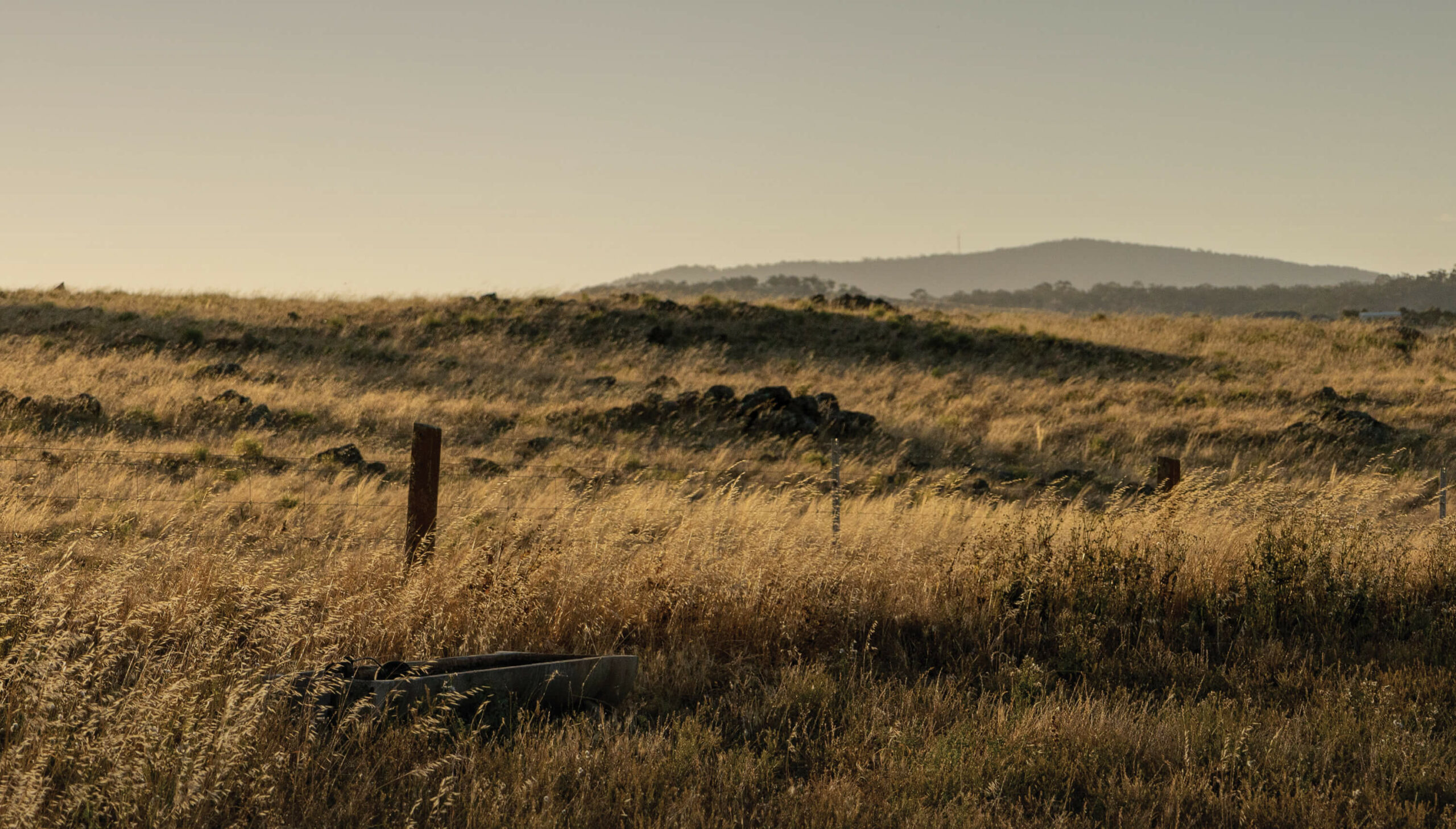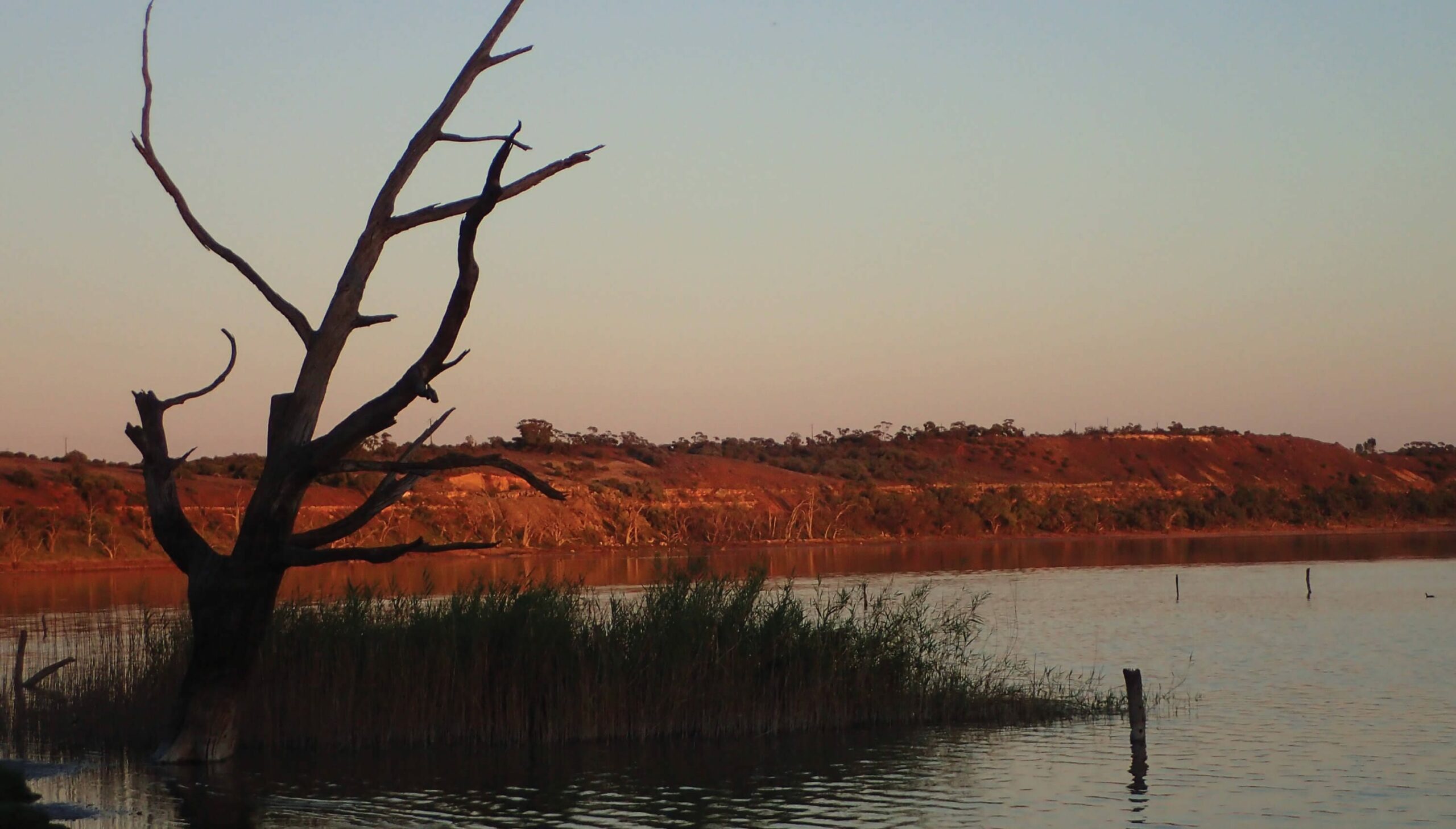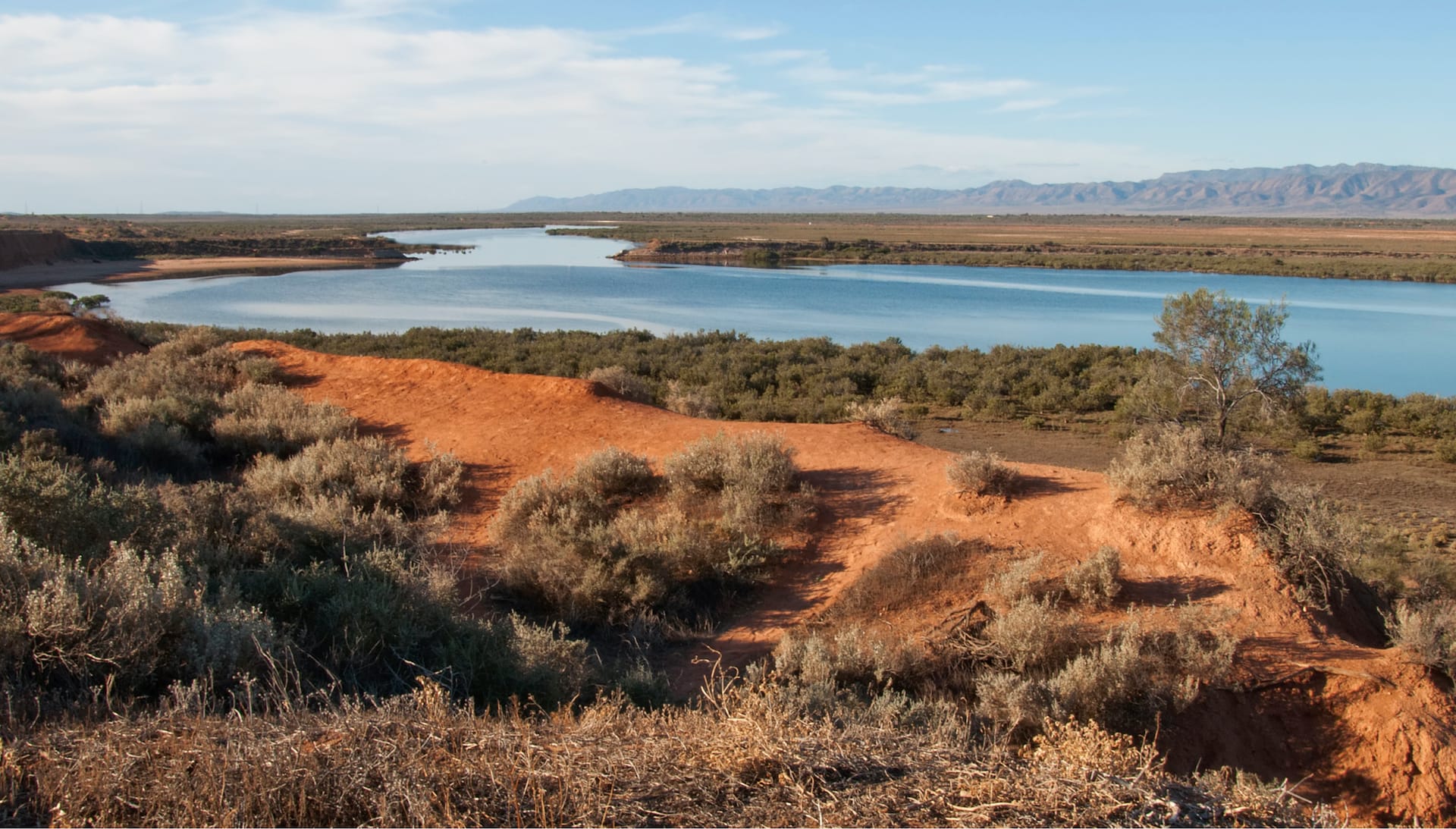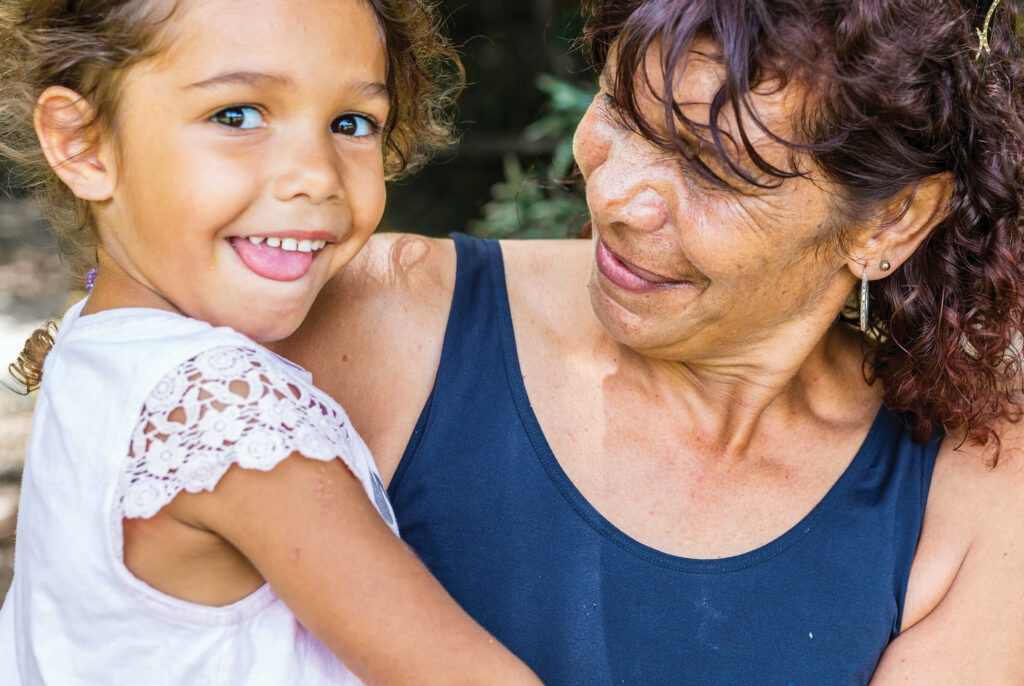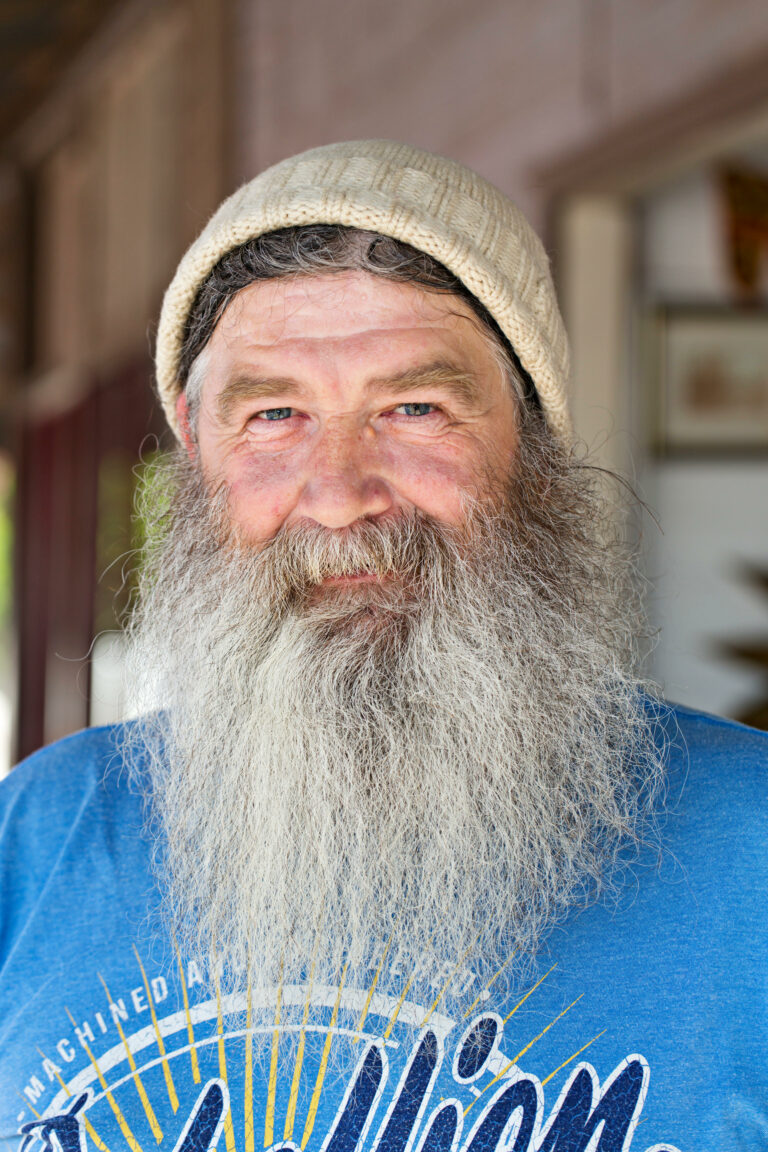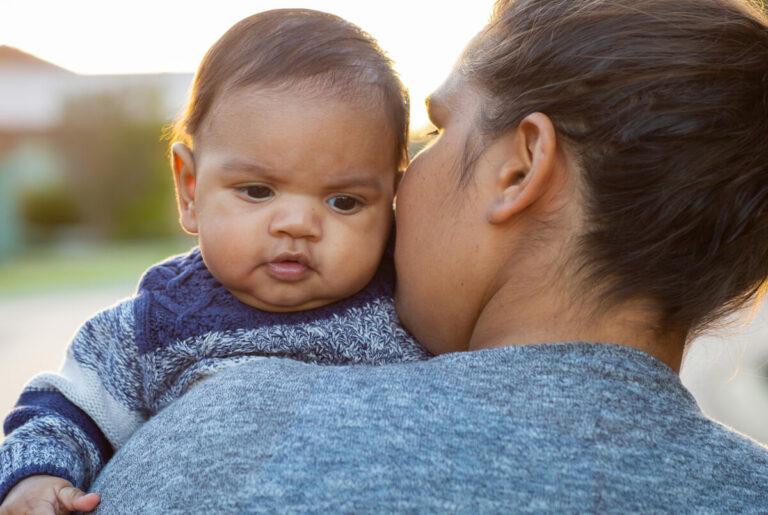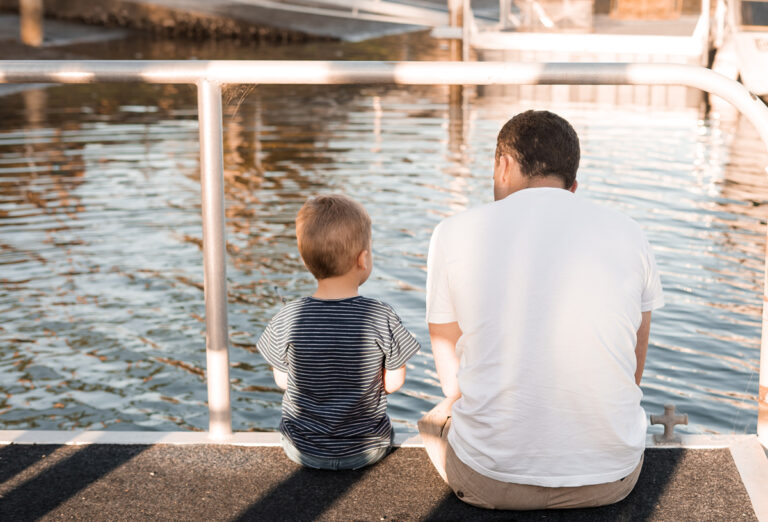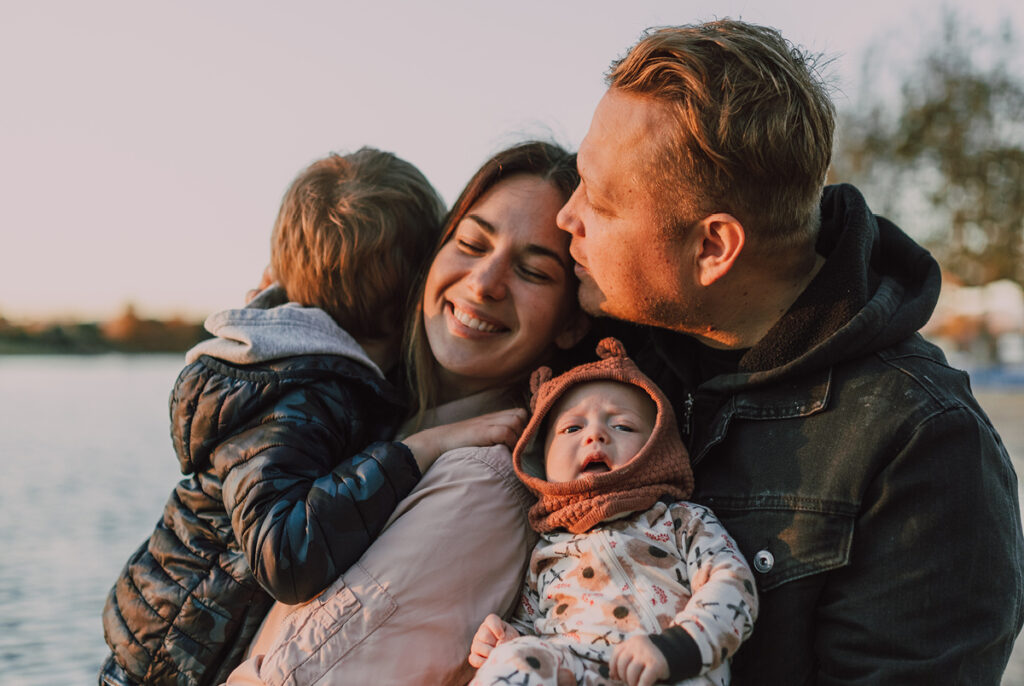概述
为谁而设
家庭小组会议涉及儿童保护部推荐的家庭。我们与父母、儿童、大家庭以及家庭圈子中的任何其他相关人员合作。
我们如何提供帮助
独立协调和促进家庭小组会议,使家庭能够聚在一起为他们的孩子和年轻人做出明智的决定。
期待什么
家庭小组会议以面对面、小组家庭会议的形式提供。随后是私人家庭时间和空间,以便全家人共同做出决定。
我们如何提供帮助:

我们以儿童为中心。
圆圈代表着保护和安全,其边界有助于鼓励分享和保密。圆圈工作让我们可以坐在故事中,将 Dadirri 的深度聆听行为联系起来。
为了孩子
Ngartuitya(nar too it yah)是阿德莱德平原地区传统所有者提出的 Kaurna 概念,意为“为了孩子”。这一概念重视并关注儿童,并将焦点重新定位为为他们服务,而不是没有他们。
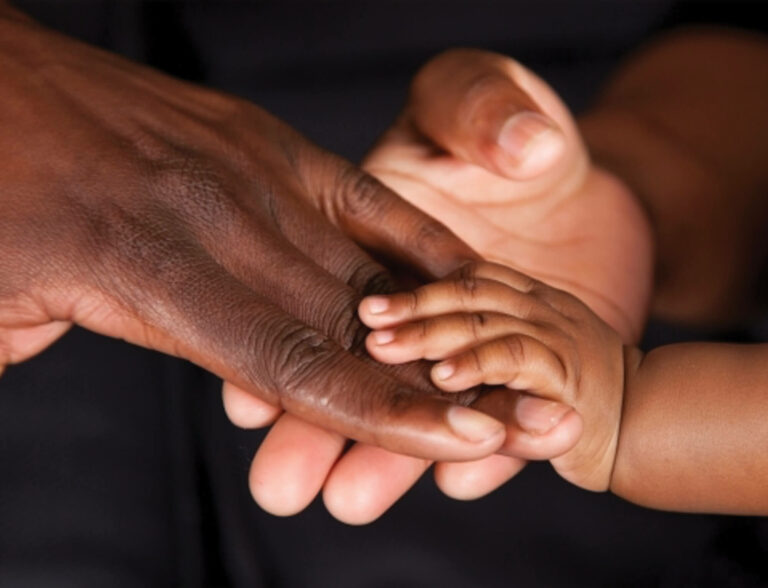
Ngartuitya 家庭小组会议团队认识到文化认同提供的保护因素。所有来自不同文化背景的家庭都将尽可能地配备一名合适的 Ngartuitya 协调员,其职责包括确保会议流程支持家庭的文化认同并鼓励对文化的自豪感。
减少儿童保护系统中原住民儿童和青少年的过多比例至关重要,Ngartuitya 家庭小组会议服务将在可能和适当的情况下提供原住民协调员,以确保服务具有文化包容性、安全性并尊重居住在南澳大利亚的原住民家庭。
家庭还有权选择一位文化代表参加他们的家庭小组会议。
什么是家庭小组会议?
家庭小组会议为儿童或青少年及其家人提供了一个机会,让他们能够就自己对儿童或青少年的照顾和保护安排做出明智的决定,并自愿做出符合《儿童权利法》第 2 章中概述的优先事项的照顾安排。 2017 年儿童和青少年(安全)法案 (CYPS 法案)。还可以召开家庭小组会议来审查上次会议上做出的安排和决定。
家庭小组会议以家庭主导的决策原则为基础,该原则承认:
- 家庭是他们自己生活的专家。
- 参加小组会议的家庭大致包括孩子、父母等大家庭,甚至可能没有血缘关系的家庭重要朋友和邻居。 家庭有权派一名文化代表出席他们的会议。
- 家庭,包括大家庭和社区,在照顾和保护儿童和年轻人方面发挥着关键作用
- 让家庭能够做出明智的决定,为孩子和年轻人提供最好的选择,让孩子和年轻人、家庭和社区受益
- 当家庭和儿童本身在安全的情况下参与决策过程时,儿童会取得更好的结果
- 儿童和年轻人与家庭和文化的联系对于他们的幸福和发展至关重要。
家庭群组会议如何运作?
- 对于要参加 Ngartuitya 家庭小组会议的家庭,他们必须得到儿童保护部 (DCP) 社工关于儿童安全问题的充分告知,并同意采取全家庭参与的方式,以尽量减少或消除儿童成长过程中的风险。
- DCP 社工将向家庭解释家庭小组会议的目的,包括谁可以参加会议。参加家庭小组会议是自愿的。
- 一旦家庭同意参加,他们将被转介到南澳大利亚州关系澳大利亚的 Ngartuitya 家庭小组会议服务处,该服务处将与家庭联系,讨论转介事宜并为会议做准备。这包括指派一名 Ngartuitya 协调员来支持家庭成员为了孩子的利益而聚在一起。
- 准备阶段是关键阶段,因为 Ngartuitya 协调员与家庭密切合作,以确保所有能够积极照顾孩子的人都被邀请参加会议。
- Ngartuitya 协调员与儿童或青少年及其父母合作,负责决定谁可以参加家庭小组会议。这一决定取决于某人的参与是否可能有助于在家庭小组会议期间达成有利于儿童福祉的协议。
- Ngartuitya 协调员将出席会议,以确保家庭会议顺利进行。DCP 社会工作者也将出席会议。
- 家庭协议需要解决儿童保护部提出的问题。家庭协议必须得到父母/监护人、儿童或青少年(如果在场)和 DCP 社会工作者的同意 在 会议。
- Ngartuitya 协调员的职责是提供家庭小组会议上做出的所有决定的书面记录。这可能包括有关护理安排、文化支持和联系、联系安排以及父母/监护人、其他机构和家庭成员要求采取的任何行动的决定。
Ngartitya 家庭小组会议团队渴望听到您的反馈,我们将联系每位参与者,了解他们的体验,以帮助我们了解哪些方面做得好,哪些方面可以做得更好。
对于参加 Ngartuitya 家庭小组会议 (NFGC) 的家庭来说,他们必须由儿童保护部 (DCP) 的社会工作者充分告知有关儿童安全的问题,并同意为了最大限度地减少或消除儿童成长过程中的风险,可以采取全家庭参与的方式。
家庭参加家庭小组会议是自愿的。
一旦家庭同意参加,他们将被转介到南澳大利亚州关系澳大利亚的 Ngartuitya 家庭小组会议服务处,该服务处将与家庭联系,讨论会议的准备工作。这包括指派一名 Ngartuitya 协调员来支持家庭成员为了孩子的利益聚集在一起。
一旦孩子、父母和所有家庭成员了解了目的并同意参加 NFGC,Ngartuitya 协调员将组织合适的地点和时间,以便家人可以聚在一起讨论如何作为一个家庭共同努力来支持孩子。
在家庭小组会议当天,Ngartuitya 协调员将出席会议,家庭成员也将出席。会议可以亲自出席,也可以通过视频或电话链接,或者 Ngartuitya 协调员可以为无法出席的人提供书面意见。会议空间将布置得温馨宜人,便于共同讨论。
- Ngartuitya 家族小组会议简介 – 第一部分是全家人坐在一起,以便 Ngartuitya 协调员可以确保在场的每个人,包括 DCP 社会工作者,都知道目的、每个人的角色和责任,并且确保在场的每个人都清楚需要解决的儿童安全问题。
- 家人在一起的时间 – 这是家庭的私人时间和空间,他们可以决定在自己的家庭和社区内提供什么解决方案来解决所提出的问题。如果家庭提出要求,Ngartuitya 协调员可以提供协助。DCP 社会工作者不参与家庭时间
- 家庭协议(计划) – 家庭协议必须说明需要做什么、由谁做以及何时采取这些行动来解决儿童或青少年的安全和福祉问题。所有参与者,包括需要批准家庭协议的 DCP 社会工作者,都必须同意所做出的决定,并在会议商定的时间范围内了解自己的角色和责任。Ngartuitya 协调员将确保所有与会者都收到一份家庭协议的副本。
Ngartuitya 协调员和 DCP 社会工作者将在 3 个月内跟踪这些家庭,了解家庭协议的执行情况并协助进行任何调整。Ngartuitya 协调员将与家庭联系,并可能安排家庭再次见面并参加另一次会议。
如果参加家庭小组会议的两名或两名以上的家庭成员认为有必要,该家庭可以要求审查。
参与团体活动的家庭 会议将 包括埃 孩子们, 父母, 延长 家人,甚至是家人的重要朋友和邻居(他们可能实际上没有血缘关系) 并可以包括一位文化代表。
家庭,包括大家庭和社区,在照顾儿童和年轻人并保障他们的安全方面发挥着重要作用。
资金致谢
Ngartuitya 家庭小组会议由南澳大利亚儿童保护部资助。

